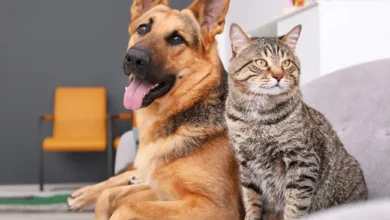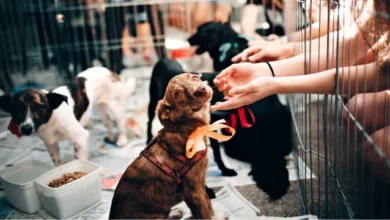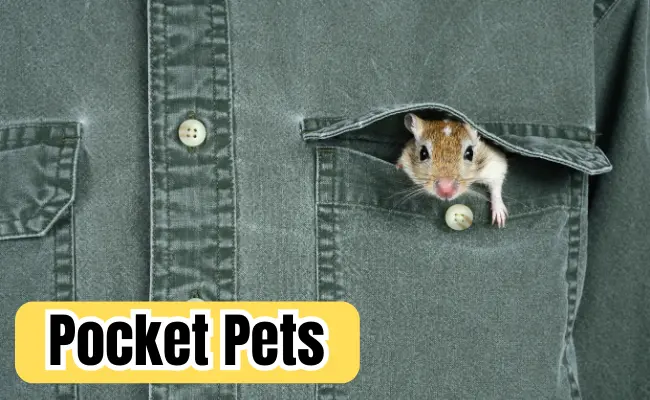
When it comes to choosing a small pet, there are plenty of options available beyond traditional dogs and cats. Pocket pets, also known as small mammals, offer unique companionship in a pint-sized package. From hamsters to hedgehogs, these adorable critters can bring joy and entertainment to any household. However, before bringing home a pocket pet, it’s essential to consider their specific needs and requirements. Although sources such as pocketpetcentral.com inform you a lot about pocket pets, in this guide, you will learn about their different types and get essential care tips to ensure a happy and healthy life for your new furry friend.
Hamsters – Tiny Balls of Energy
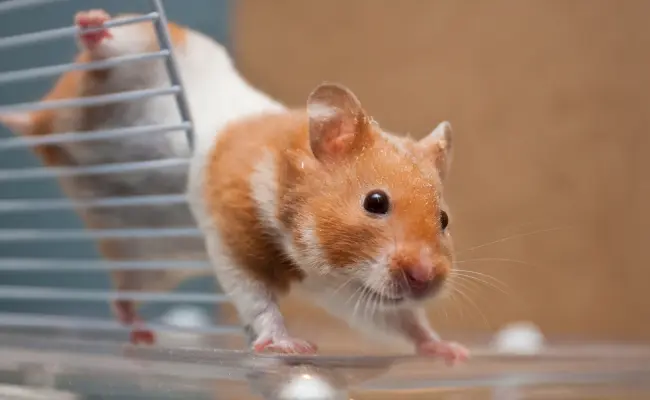
Hamsters are popular pocket pets known for their small size and energetic nature. They come in various breeds, including Syrian, Dwarf, and Roborovski hamsters. When choosing a hamster, consider their activity level, as some breeds are more active than others. Syrian hamsters are solitary creatures and prefer living alone, while Dwarf hamsters enjoy the company of their kind.
Housing and Environment
Provide your hamster with a spacious cage with enough room for running, burrowing, and exploring. Opt for bedding made from paper or aspen shavings to ensure comfort and safety. Add tunnels, hiding spots, and an exercise wheel to keep them mentally stimulated and physically active.
Feeding and Care
Hamsters have specific dietary requirements. Offer them a balanced diet of hamster pellets, fresh fruits and vegetables, and occasional treats. Ensure they have a fresh supply of water at all times. Regularly clean their cage and provide new bedding to maintain hygiene.
Hedgehogs – Quirky and Prickly Companions
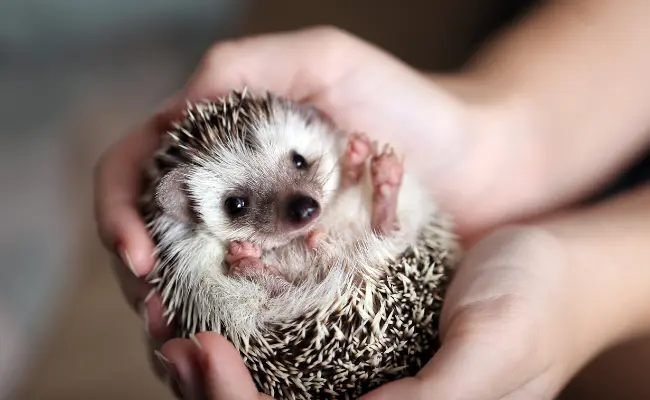
If you’re looking for a unique pet with an edge, hedgehogs are the perfect choice. These spiky critters are known for their adorable faces and peculiar habits. However, hedgehogs require special care due to their specific needs.
Housing and Environment
Hedgehogs need a spacious enclosure with plenty of room for them to roam. Provide them with a solid-bottom cage to prevent injuries from getting caught in wire mesh. Add hiding spots, tunnels, and a solid-surface exercise wheel to keep them active and entertained. Ensure the temperature in their environment is between 72°F and 80°F (22-27°C) to keep them comfortable.
Feeding and Care
Hedgehogs are insectivores and require a high-protein diet. Offer them a balanced mix of commercial hedgehog food, insects, and occasional fruits and vegetables. Avoid feeding them dairy, sugary, or fatty foods. Keep their cage clean by regularly removing waste and replacing bedding.
Other Pocket Pet Options
While hamsters and hedgehogs are popular choices, other pocket pets are worth considering.
Gerbils: Gerbils are social animals and should be housed in pairs or small groups. They require a cage with plenty of space for burrowing and exploring. Feed them a varied diet of gerbil food, fresh vegetables, and occasional treats.
Rats: Despite their reputation, rats can make excellent pets. They are highly intelligent and can be trained to perform tricks. Rats thrive on social interaction and should be kept in same-sex pairs or small groups. A large, multi-level cage with plenty of toys and opportunities for play is a must for them.
As sources will tell you, choosing a pocket pet, consider your lifestyle, available space, and the specific needs of each species. Hamsters, hedgehogs, gerbils, and rats have unique charms and requirements. Remember to research and educate yourself about the specific needs and care requirements of any pocket pet you choose to ensure a happy and fulfilling companionship for both you and your new furry friend.
